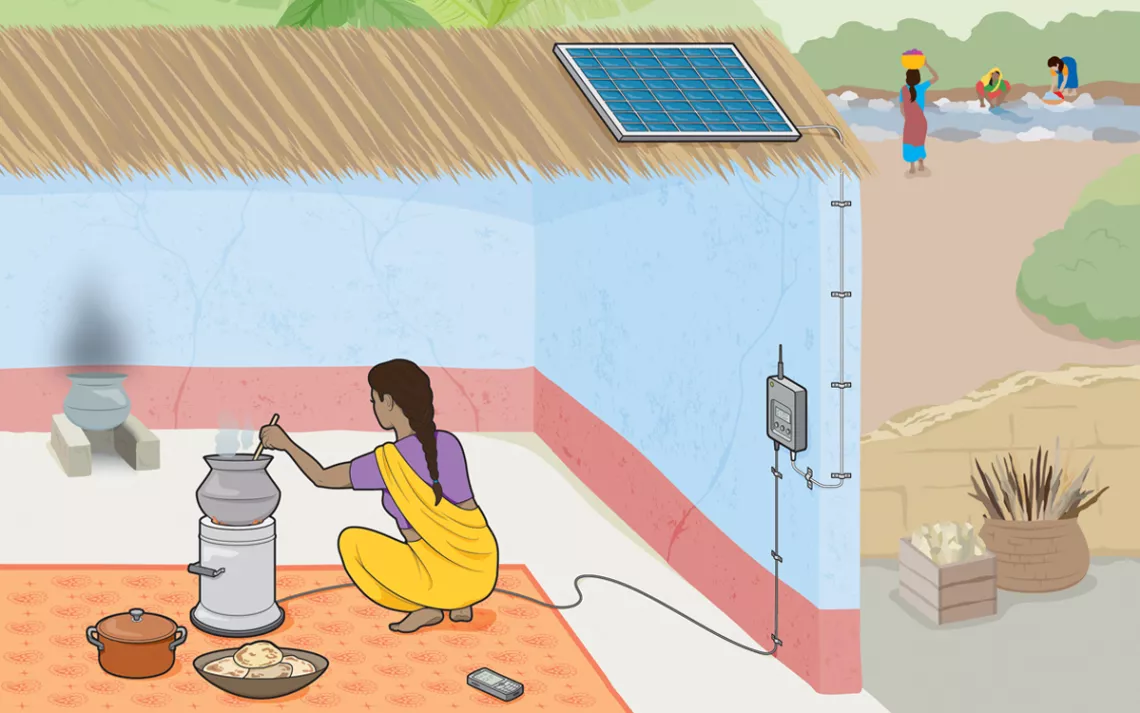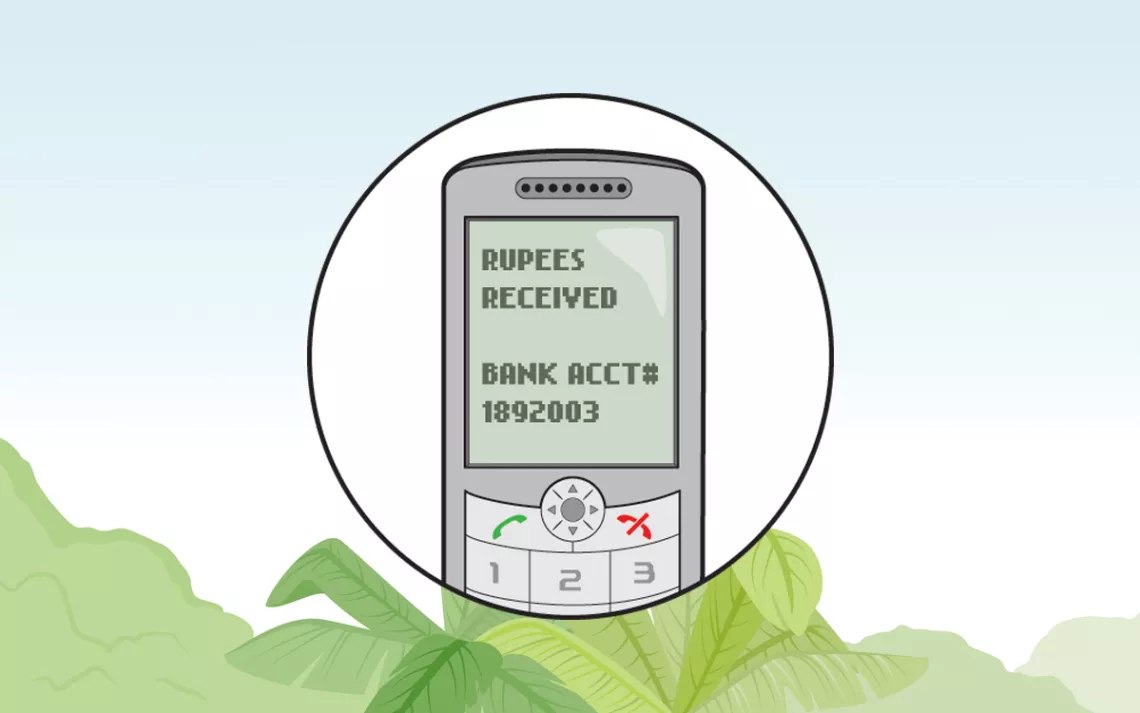Smart Cookstoves Help Communities Cut Down on Air Pollution
A new high-tech project in India distributes solar-powered stoves
About 3 billion people in the world's poorest places cook their meals using traditional stoves, which pose problems for the environment and human health. The inefficient stoves, which require lots of firewood, dried dung, or crop waste, generate soot that contributes to global warming and has been linked to acute respiratory infections, lung cancer, and the deaths of young children. Organizations such as the UN Foundation's Global Alliance for Clean Cookstoves have distributed improved stoves only to find that people don't use them. A new high-tech project being tested in eastern India provides both the stoves, via a loan, and an incentive to use them.
Infographic by Brown Bird Design
 The Magazine of The Sierra Club
The Magazine of The Sierra Club





